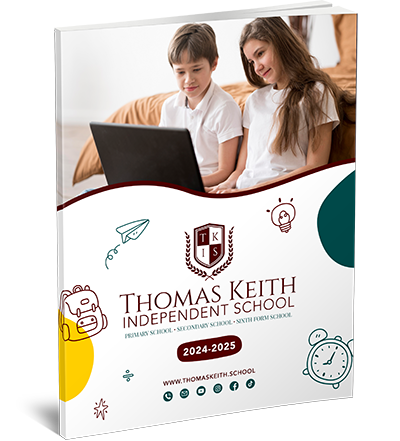Pupils who are gifted in mathematics should not be satisfied with being above average or with getting the right answer most of the time. Instead, they should be encouraged to strive for an in-depth understanding and mastery of mathematical topics and techniques. In particular, schools should aim to ensure that, by the end of key stage 4, their gifted pupils acquire the understanding, skills and enthusiasm needed to support higher-level studies in mathematics and related subjects.
In most cases, pupils identified as being gifted in mathematics will remain with their peers for most of the time. Classroom activities should include scope for gifted pupils to express and develop their abilities, without making them or others feel uncomfortable. Gifted pupils should regularly tackle challenging work, which should be a routine feature of many (but not necessarily all) lessons and homework.
Pupils should be expected to complete the appropriate classwork and aim to get it completely correct. However, since they are likely to have fewer difficulties with standard classwork than their peers, there should also be scope for them to pursue a parallel extension course and/or progress more quickly through the programme of study.
For the successful long-term development of pupils who show early promise in mathematics, teachers need to ensure that they:
- Provide a thorough grounding in basic techniques, enabling gifted pupils to achieve a far higher degree of mastery than their peers;
- Routinely challenge pupils to reflect on, and understand, the connections between different parts of the subject;
- Regularly expect gifted pupils to tackle harder problems, beyond the requirements of the standard curriculum;
- Nurture their interest in, and love of, mathematics.




